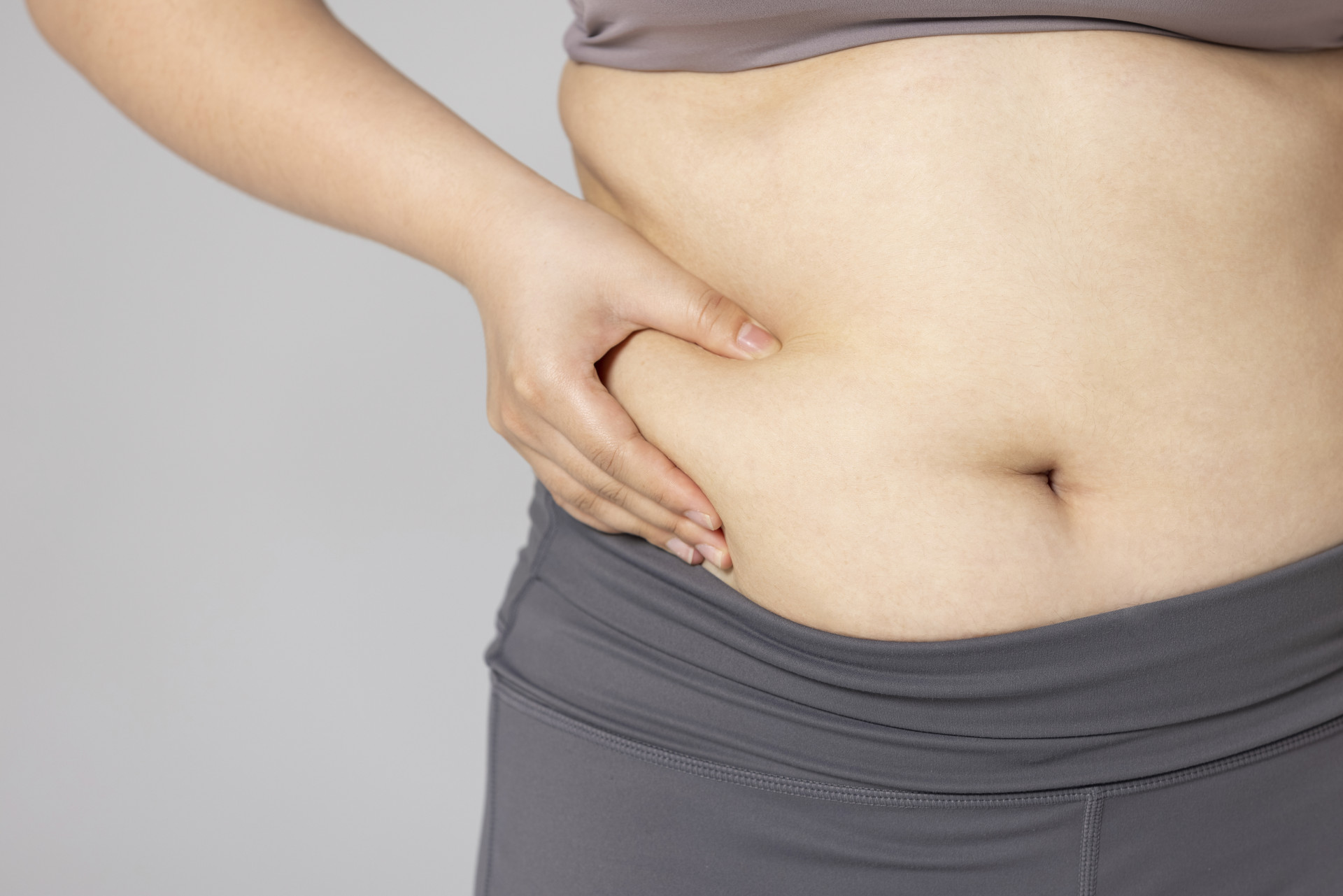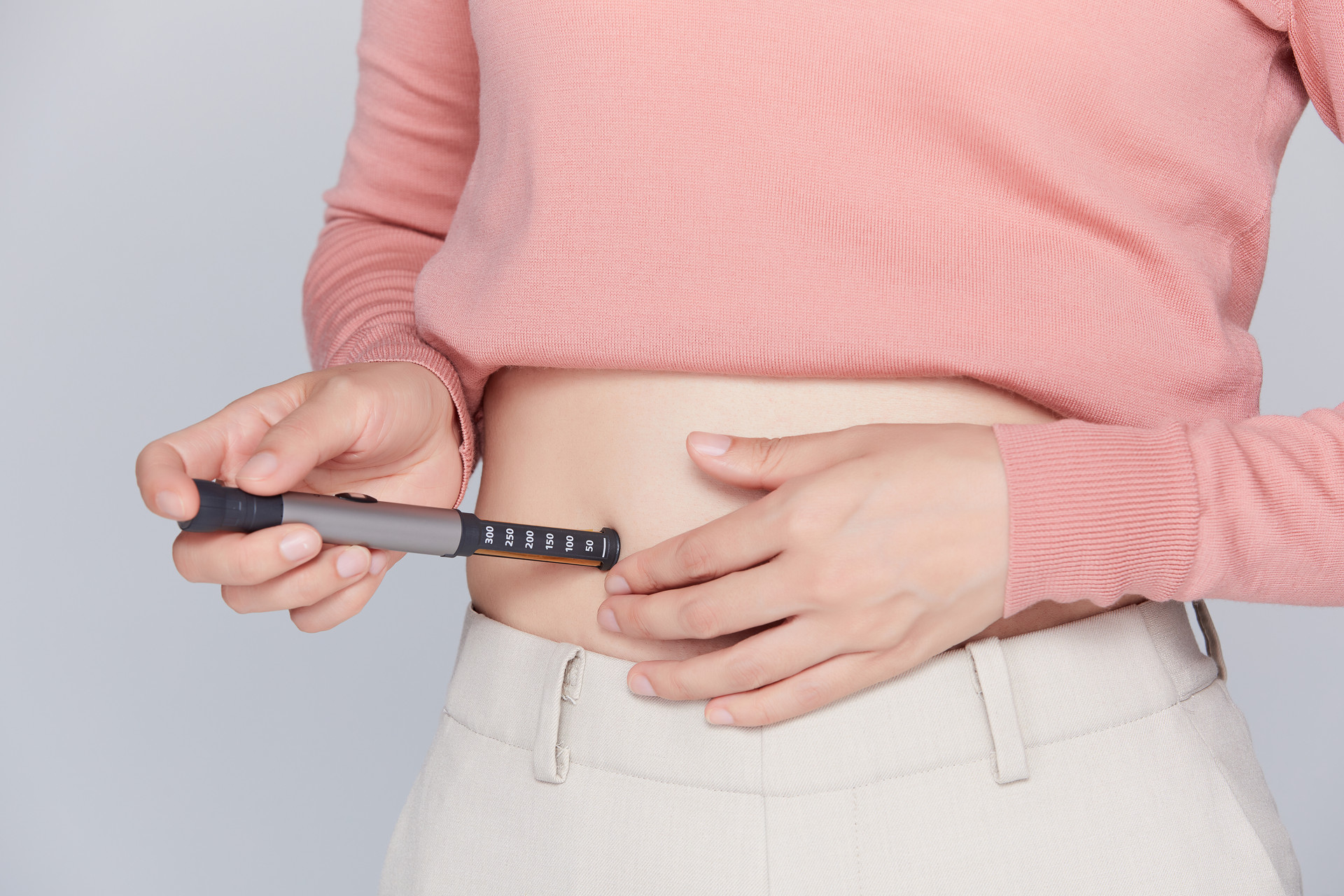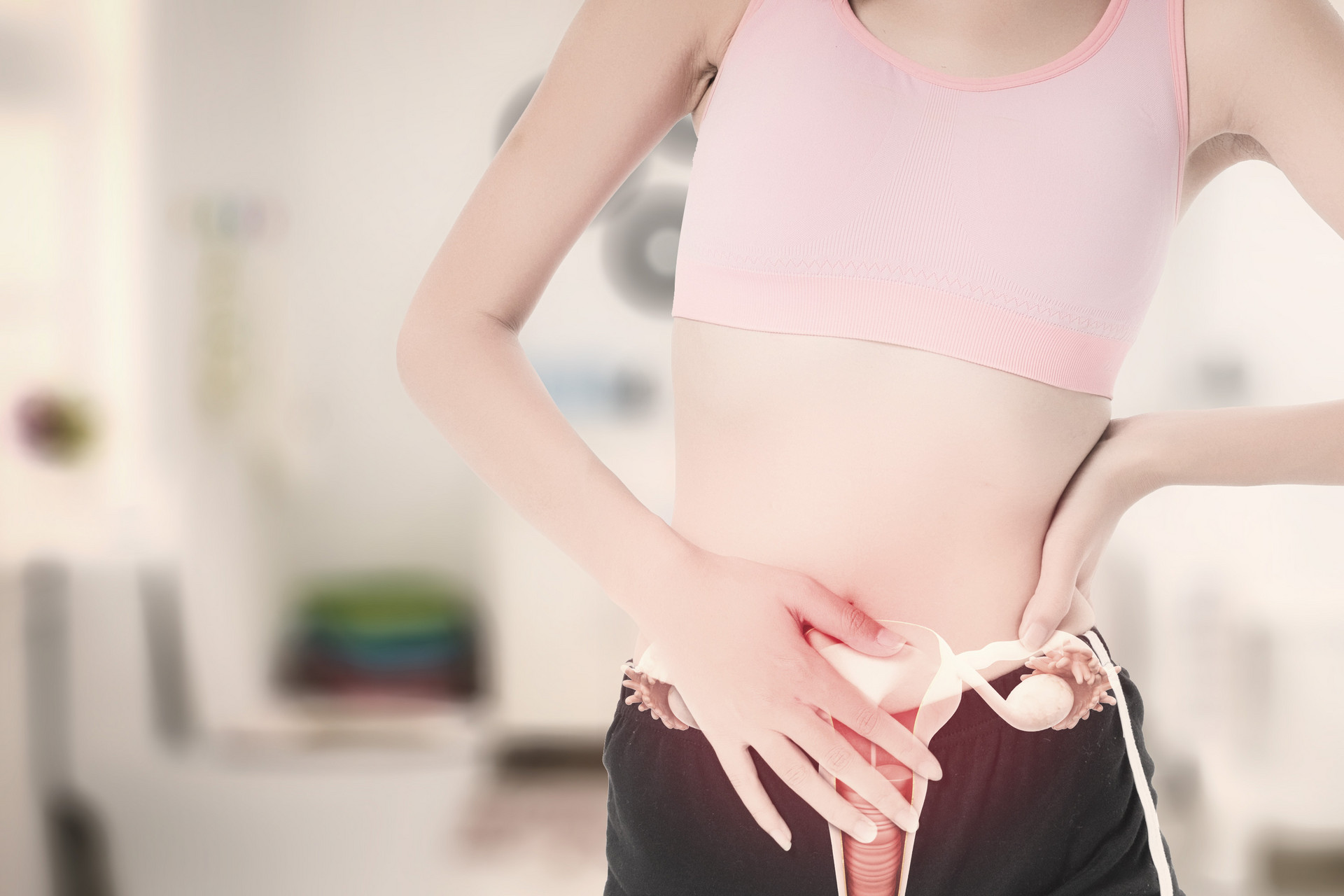Poor habits before pregnancy can endanger the future health of the baby, so it is crucial for couples who are planning to conceive to change the following bad habits in their lives in order to have a healthy baby.
Eating pickled foods
Although pickled foods are delicious, they contain nitrites and polycyclic aromatic hydrocarbons, which can cause embryonic malformations. Couples who want to have a baby should try to avoid eating foods such as sausages, salted meat, salted fish, and pickled vegetables before pregnancy.
Eating "contaminated" foods
Couples preparing for pregnancy should choose fresh and natural foods as much as possible, and avoid foods that contain additives, food coloring, flavoring agents, and preservatives. Otherwise, the accumulation of these substances in the body can cause chronic poisoning and even lead to baby malformations.
Smoking
Nicotine has the effect of reducing hormone secretion and damaging sperm. It can affect the development of germ cells and embryos, causing fetal malformations. No matter how strong your addiction to smoking is, it is better to quit for the sake of your baby. It is recommended to quit smoking at least 3 months or 6 months before planning to conceive.
Drinking alcohol
Excessive alcohol can affect the quality of sperm and eggs. Alcohol poisoning of egg cells can lead to the formation of deformed fetuses when combined with sperm. If the father drinks heavily for a long time, it can also cause sexual dysfunction and result in 70% of the sperm being underdeveloped or having poor motility, which is not conducive to the development of the baby. Women who are planning to conceive should stop drinking alcohol 3-4 weeks before pregnancy, and husbands should avoid excessive alcohol consumption at least 2 months before planning to conceive, and absolutely avoid alcohol in the last week.
Drinking coffee
Mothers who have a habit of drinking coffee before pregnancy, especially those who drink more than 4 cups a day, have a 30% higher risk of premature birth, and a 20% increased risk of miscarriage. At the same time, coffee can also inhibit the activity of sperm. Future parents who plan to have a baby should drink less or avoid drinking coffee.











